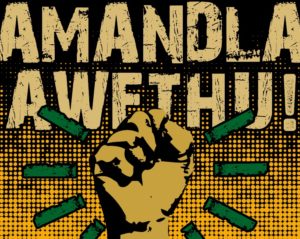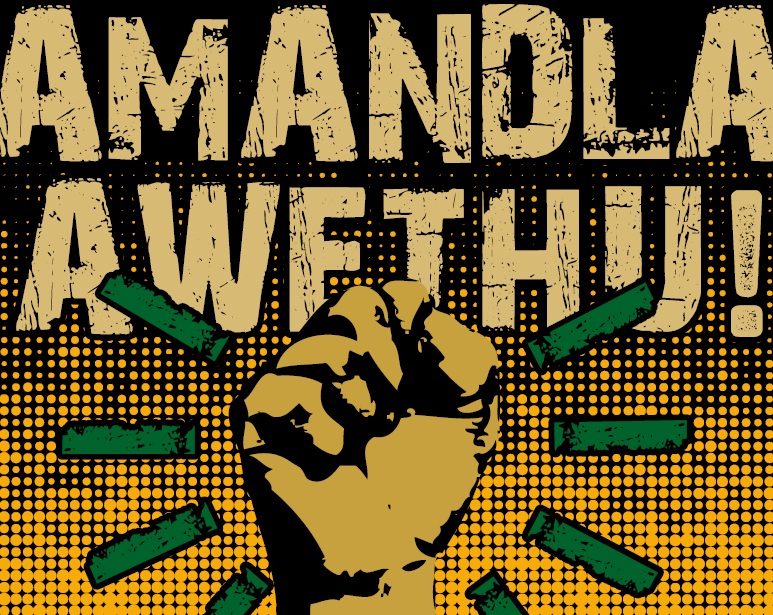As events in Charlottesville, Virginia are discussed and dissected all over the world, many of us do-gooders will be asking the question: What can I do? After all, there is “do” in our “do-gooder” name. The phrase that comes to mind again and again this weekend is “start where you are.” Wherever you are, the problem of anti-Black racism is in yours and my midst, right now.
So what would it look like for us to commit to fighting racism in the “social good” space? Rashida Petersen and I wrote a piece that appeared in the Guardian UK recently that offered four ways to tackle institutional racism. Here’s some additional steps I can offer for us as individuals:
1) Recognize that white supremacy, in all of its insidious forms, operates the world over.
From neo-Nazi rallies in rich nations to the marketing of skin whitening products to institutional governance policies to shitty things a colleague says or does, it is happening. It is a historical framework operating in our lives and in our cultures today, the vestiges of colonial and imperial world views that continue to shape our economic and political systems. That is why we must continue to connect the local to global and then back again.
2) Use your specific strengths and gifts.
What gifts have you (yes, you personally) been given in this world – talents, resources, material, spiritual gifts? Standing up to injustice can and does take many forms. Figure out what you have to offer, and then what you have to sacrifice. Risk more – a hell of a lot more. Get uncomfortable.
3) I’m going to risk sounding like a broken record here, but…listen.
Amazing things can happen when you do not define yourself as the driver of change. We must fight our programming towards individualism, and really figure out what it means to collectivize efforts and work in concert with people who do not have the same life experiences. Listening is about honoring each others’ dignity. It is about learning. And all of us white folks especially must learn first to speak less and show up in support more.
4) Heal yourself.
When people express hatred, it is because inside, they hate themselves. By creating and villifying the “other” – be it people of a different race, religion, sexual or gender orientation, etc. – they try to lift themselves and to protect their privilege. Healing and loving yourself is a fundamental part of ensuring we are not harming others.
5) Gather your people.
Who are the people who love you that way? The people who remind you that you are brave when you are scared. The people who can hold faith and hope for you when you feel hopeless or overwhelmed. The people who hold you accountable to what you say you want to do, to who you are and want to be as a person, and to the future we want to see. The people you can inspire and push beyond their comfort zones to do more with you.
For too long, we have been sold a narrative that to change the world, we have to be Martin Luther King, Jr. or Rebecca Solnit or Aung San Suu Kyi. This is false. No change, nor movement is led by only one person. No one person is a perfect embodiment of a movement’s ideals and values. It’s time to learn what history books didn’t teach us – that we are each powerful beyond measure, but only when our hearts, values, and purpose is aligned with others.
So let’s talk about ending racism in our sector. What would it look like if inclusion were a reality, not a far off idea? What if the donor-intermediary-implementer-local leader hierarchy could be inverted? What if shaping the future we want to see becomes the guiding light that shapes our decision-making, rather than donor deadlines and budget amounts and log frames? What if our organizations’ leadership mirrored the world, not the elite few? What if we could change the narrative from “making a difference” to “here’s how transformation really happens and why we need you”? What if we could heal the past through the work we do together now?

As you do these five things above, and review the selection of articles/discussions below, think: What else do we need to fight racism in this sector, right where we are? Feel free to share your thoughts in the comments.
“Amandla!” “Awethu!” As the South African freedom fighters’ call and response taught us, “Power!” “It is ours!”
***
On racism and global development
- “Grassroots means no brains’: How to tackle racism in the aid sector” by Rashida Petersen & Jennifer Lentfer, The Guardian UK, 4 August 2017.
- White supremacy, black liberation, and global development: The conversations we’re not having
- Aid, Africa, Corruption, and Colonialism: An Honest Conversation
- Getting real about dominant white culture
- If ever there was a time…
- “Wrestling with my white fragility” by Jennifer Lentfer, OpenDemocracy Transformation, 15 December 2016.
- “They” and the shaping impulse of America
- Development aid and racism, by Jacob Holdt, 2003
- The elephant hasn’t left the room: Racism, power & international aid
- Get there (includes collection of resources/conversations on solidarity)
- Confessions of a recovering neocolonialist (reprise)
- The Practice of Global Solidarity

